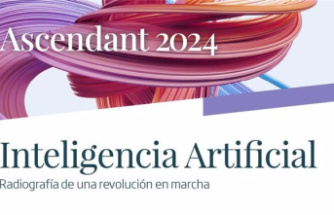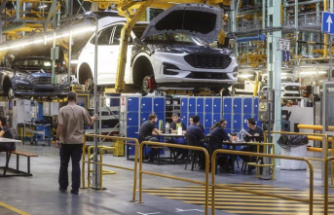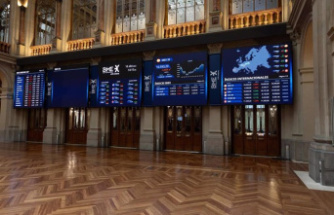MADRID, 21 Dic. (EUROPA PRESS) -
BBVA has expanded its intermediate emissions reduction targets for 2030 to the aviation and maritime transport sectors, to move towards net zero emissions in its client portfolio in 2050, as reported by the bank in a statement.
These two industries are added to the oil and gas sectors; electricity generation; cars; steel; cement; and coal, whose emissions reduction objectives have already been published by BBVA in 2021 and 2022.
In aviation, the bank's objective is to reduce the emissions intensity of its financing portfolio by 18% between 2022 and 2030. In the case of the maritime transport sector, the entity sets its objective of aligning its ship financing portfolio with the trajectory set in 2018 by the International Maritime Organization (IMO) to reduce emissions in the world by 30% between 2008 and 2030.
The entity highlights that achieving the decarbonization objectives for the aviation and maritime transport sector is "a complex challenge." For both sectors, increasing demand and volume of activity are expected for the coming years. "If emissions from both sectors are not mitigated, they could go from representing 6% of total greenhouse gases to being responsible for more than 35% in 2050, according to studies presented by the European Commission," he explains.
To achieve decarbonization in the aviation sector, the bank believes that "a wide range of measures and a coordinated effort" are necessary to advance key technologies, such as sustainable aviation fuels (SAF), the electrification or 'green' hydrogen. "The joint efforts of airports, airlines and service providers will be key to the decarbonization of this sector," he adds.
The Alliance for Zero Emission Aviation, created by the European Commission, estimates that by 2050 there will be 26,000 zero-emission aircraft on the market.
For its part, maritime transport represents approximately 90% of world trade. For this sector, the International Maritime Organization announced last July that its decarbonization objectives will mean reaching net zero emissions in 2050.
BBVA has calculated the percentage difference between the intensity of each financed vessel and the decarbonization trajectory set by the IMO for that type of vessel in 2022. The alignment indicator in 2022 of BBVA's financing portfolio stands at 6. 8% with respect to the trajectory set by the IMO. BBVA's 2030 objective is to reach an indicator of 0%, in line with the trajectory set by that organization for that year.













